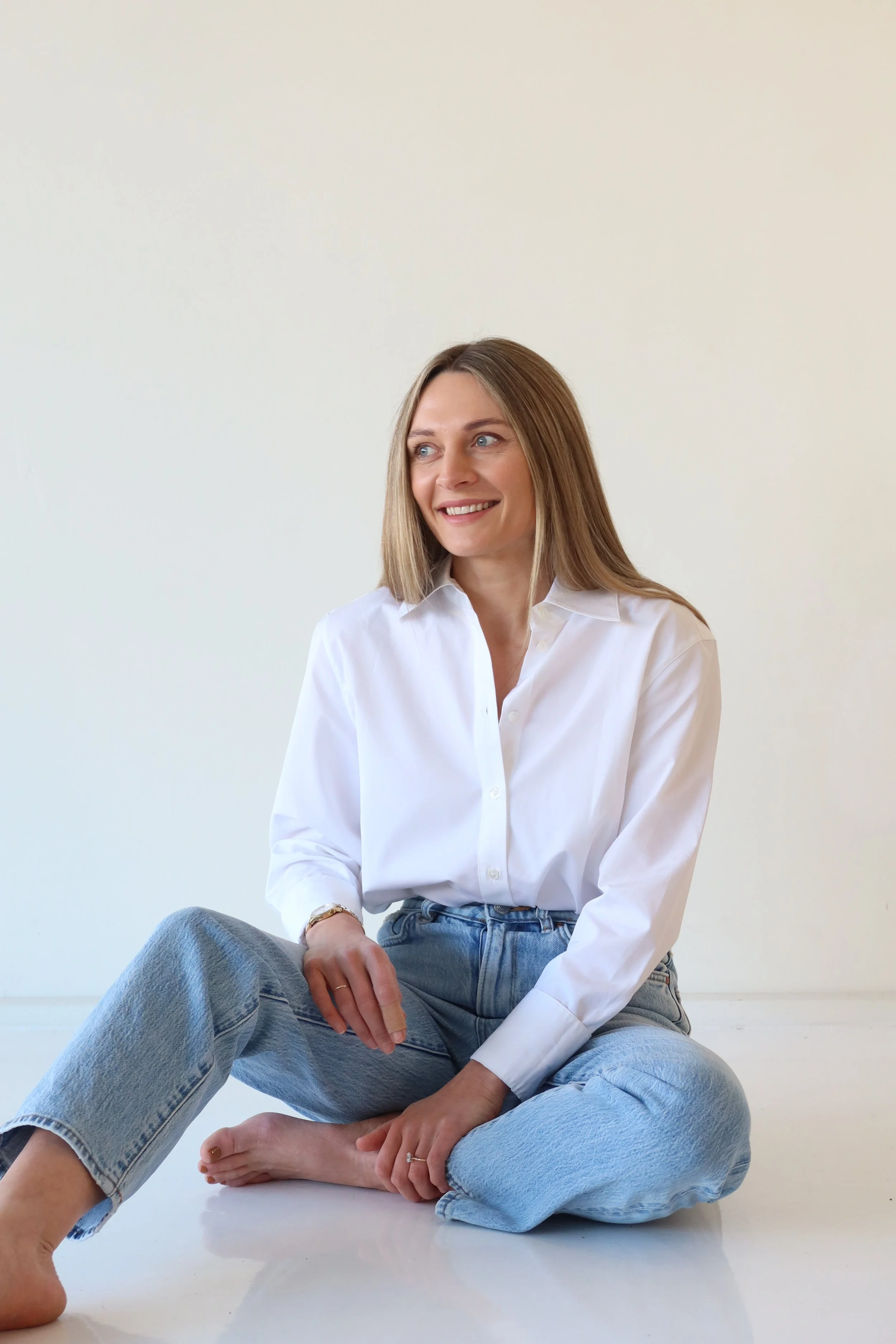How to Build a Toolbox That Supports Your Wellbeing.
When life is steady, we rarely think about the tools that help us cope. It’s no surprise then that we only start searching for support after something feels broken. A surge of anxiety, relationship change, or sudden loss. That’s when having a toolbox matters. Not a perfect wellness checklist, but a set of personalised techniques. Familiar anchors you can turn to when you need stable ground.
While there’s no fixed formula, I often encourage starting with the basics: sleep, nourishing meals and movement. Not because they’re groundbreaking, but because when stress builds, even the most basic of human needs can feel out of reach. Returning to them supports the mind’s capacity to regulate emotion and restore a sense of safety.
From there, you can curate your toolbox, blending the essentials with psychological, emotional, physical, or spiritual practices.
Yours might include:
Time in Nature – Spend time outdoors to encourage nervous system regulation.
Journalling – Write to reframe your perspective and gain clarity on your emotions.
Breathing Exercises – Use Box Breathing to ground yourself and promote relaxation.
Mindfulness Practices – Redirect your attention away from anxious thoughts by engaging all five senses with the 5-4-3-2-1 method.
Self-Compassion – In moments of stress, offer yourself the same kindness you’d offer a friend.
Rituals for Relaxation – Light a candle or create another small ritual to activate your body’s calming response.
There’s no rulebook. It’s about exploring what feels supportive, noticing what works for you. And it doesn’t have to be serious, it can be light. It can even be fun. A walk that clears your head. A playlist you can’t not dance to. A notebook waiting next to your coffee mug.
Over time, certain practices earn their place through experience, through how they feel in your body and mind, and the difference they make.
That’s the strength of repetition. Practices can become habits so familiar that you instinctively return to them with less effort. From there, you can give yourself permission to be flexible, trusting they’ll be ready whenever you reach for them.
Building your toolbox is a process, one best done with support and guidance. That’s why I created Thrive. An intimate ten-week women’s group where we explore practical psychological tools to ease overwhelm, shift patterns, and bring more calm to your daily life. You’re warmly invited to join the waitlist for the next round.
Whether you join me or not, this truth remains: you don’t have to wait for a breakdown to start building your resources. Life can catch us off guard, and having tools ready means you’re not scrambling when you need them most.
What’s sitting in your toolbox right now?

